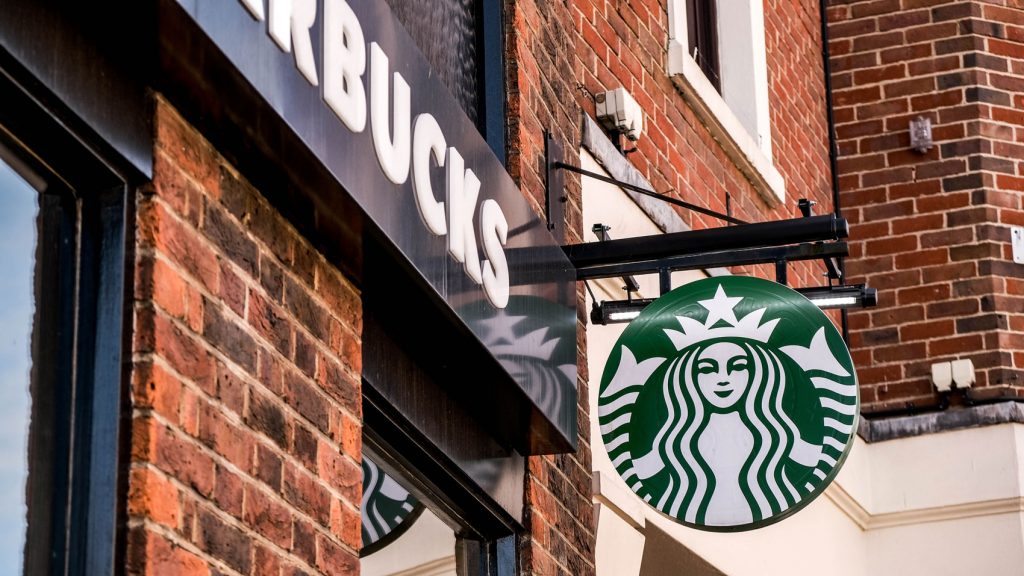What are Cyclical Stocks?
In times of high inflation and soaring prices, individuals are learning the importance of budgeting and carefully prioritizing their daily needs to navigate financial challenges. Unlike just a couple of years ago, various products and services that exceed these budgets may need to be postponed later. Many consumers have reduced disposable income, leading to a necessary cutback in discretionary spending. This shift in financial dynamics notably impacts consumer behavior, particularly in cyclical stocks influenced by economic cycles and spending patterns.
Cyclical stocks are companies whose stock prices increase with the economy.
The impact of these budgetary restrictions means that consumer spending on products and services in some markets is reduced or avoided.
This would include spending on furniture, expensive clothing, meals out at restaurants, hotel stays, appliances, construction, air travel, or new cars, to name a few. In good times, these markets thrive, but during inflationary periods, these sectors of the economy feel the pinch.
The stocks of these companies are considered to be “cyclical.” Cyclical industry products are in demand when the economy does well but fall out of favor when times are tough, or household budgets are strained. It is easiest to think of products and services that are “needs” versus “wants.” The “wants” category comprises cyclical industry products and cyclical stocks; the “needs” category would be non-cyclical stocks.
Think of purchases that might be a luxury when the budget is tight, and you probably think of a company with a cyclical stock.
Many cyclical stocks are negatively impacted by consumers who find it necessary to reduce discretionary spending during downturns in the economy.
Examples of cyclical stocks
- Starbucks
- Disney
- Target
- Netflix
- Hilton
- Nike
- Apple
- Ford
- Whirlpool
- Ethan Allen
Some companies produce durable goods, nondurables, and services within the cyclical stock sector.
When retailers like Target branch out into groceries, they straddle cyclical and non-cyclical sectors.
Some investors believe they can play the stock market and buy cyclical stocks during a market and economic downturns and profit as the economy recovers. The problem with this strategy is that it requires an accurate assessment of when the economic cycle has bottomed, and it can be psychologically challenging to commit funds when that stock’s price may be depressed for an extended period.
Other investors consider cyclical stocks as airlines, hotels, and anything related to travel. Certain types of manufacturing are also affected during recessions as businesses pull back on investment in response to the decline in demand.
What are non-cyclical Stocks?
Non-cyclical stocks tend not to hurt during inflationary times or economic downturns and are often in sectors referred to as “consumer staples” or “defensive stocks.” One sector that does well during an economic downturn is health care. Other sectors include utilities, pharmaceuticals, and household products. Cyclical and defensive stocks are the flip side of the same coin.
Many of these stocks are also considered consumer essential, including shipping, transportation, and insurance company stocks. Another characteristic of the more defensive stocks is that they tend to pay consistent dividends and have stable earnings, even in challenging economic periods.
Defensive stocks include consumer products companies that sell essential consumer goods ranging from laundry detergent to toilet paper and diapers—companies whose demand isn’t impacted much by the broader economic environment.
Cyclical ETF and non-cyclical ETF
An alternative approach would be to invest in an exchange-traded fund (ETF) that invests in consumer defensive or consumer staples stocks. There are many ETFs in this sector.
The lesson for investors is to have a diversified portfolio that includes cyclical and non-cyclical stocks so that the economic cycle, business cycle, and inflationary periods do not inflict too much damage on your portfolio.
At some point in the future, when interest rates have already fallen, then cyclical stocks may reward investors once again.
Brian Baker, “What are cyclical stocks?,” (2022, October 26), Bankrate.com, Investing




